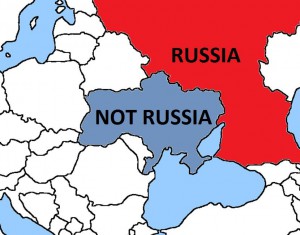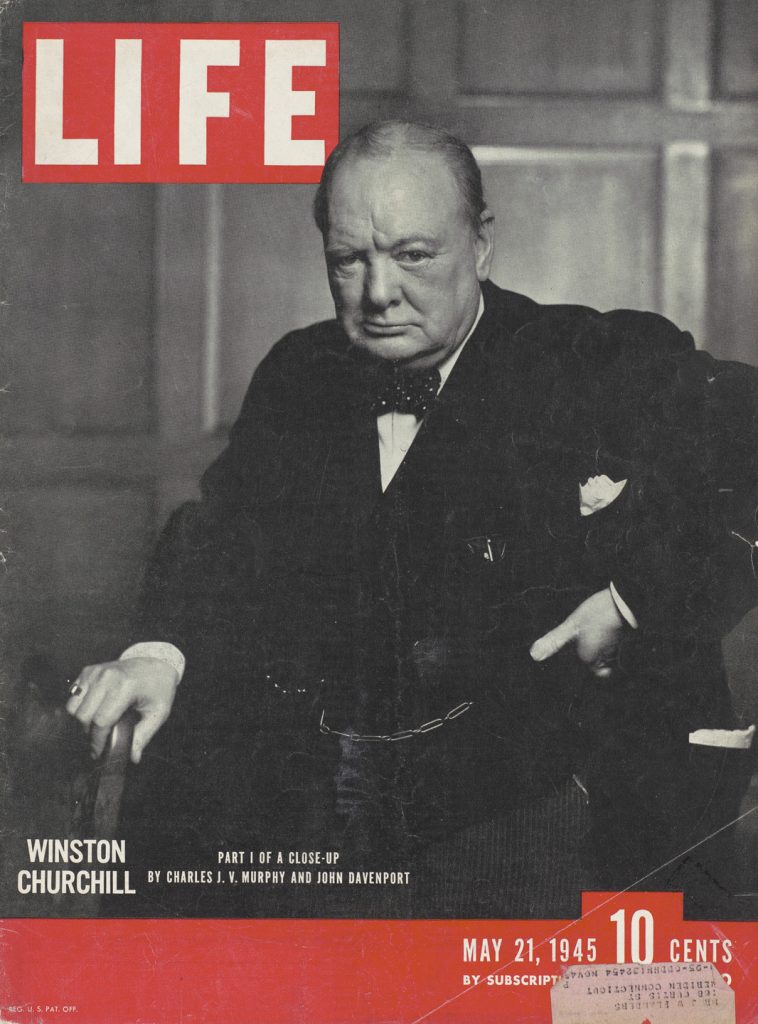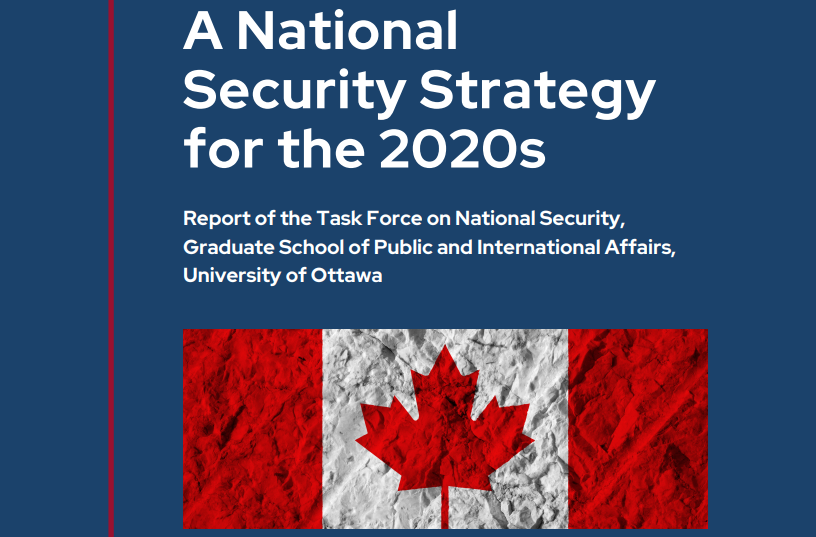I am reading the story of the second atomic bombing, the bombing of Nagasaki on August 9, 1945.
It succeeded against all odds, after almost everything that could possibly go wrong, did.
Like, having a plutonium core bouncing around on the floor of an airplane in turbulence.
A misunderstood radio message (that was itself sent in clear violation of the rules of radio silence) that led many on the ground believe that the B-29 carrying the bomb was lost.
A failed rendezvous attempt that caused the airplane, already hindered by a faulty pump, to burn precious fuel.
A bomb that was incorrectly assembled, leading to a late-night repair that involved using a soldering iron, powered by a string of extension cords connecting two an outlet two rooms away, in the presence of high explosives.
And last but definitely not least, a bomb that appeared to arm itself mid-flight, with an ominous, blinking red light, and a crew that was frantically looking for the reason in the manual, until finally they reset some switches to the appropriate positions.
Yes, it was wartime. Things don’t always go as planned in wartime. And in the end, the bomb was delivered, Japan surrendered, and WW2 ended without additional bombs, without an invasion that would have been incredibly costly in terms of human lives. And the crew managed to make it to a safe (albeit scary) landing in Okinawa, flying on fumes.
More than 77 years later, August 9, 1945 still marks the last time (for now) when a nuclear weapon was used in anger. When I was a child, I daresay no sane adult believed that we’d live to see, never mind 2022, the year 2000 without nuclear Armageddon. Yet here we are. So maybe there’s hope for us yet.









